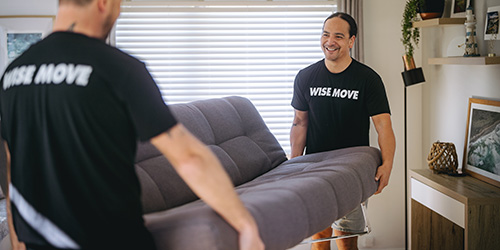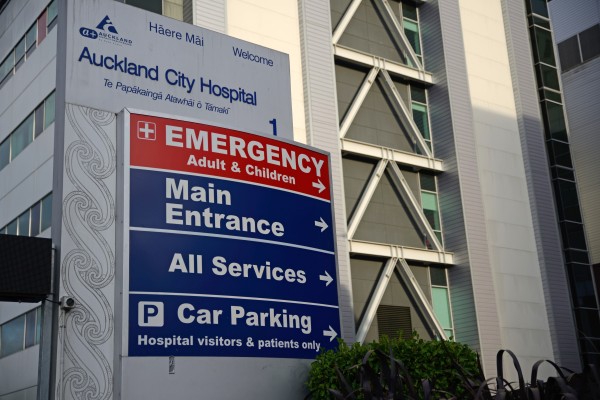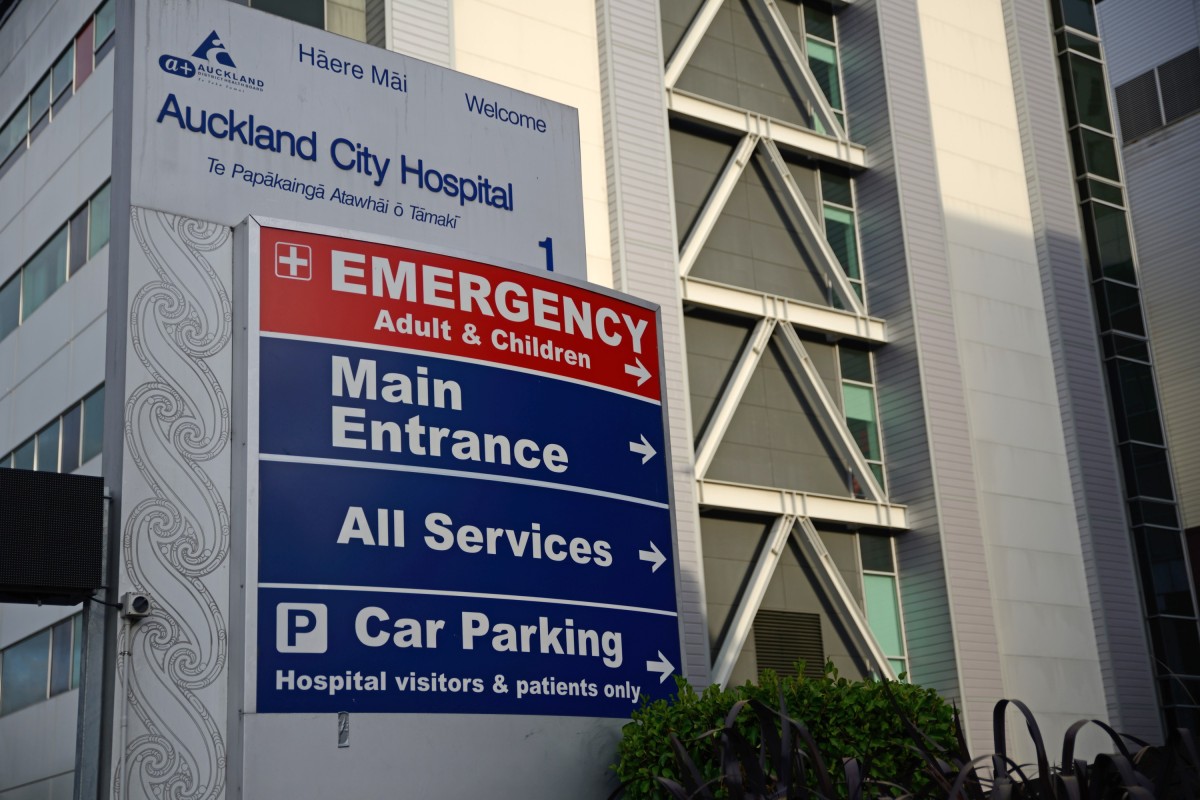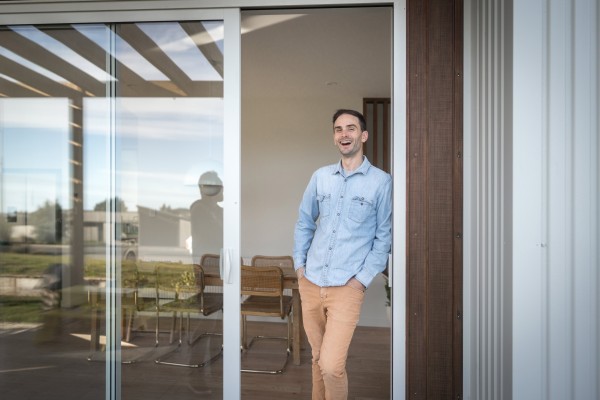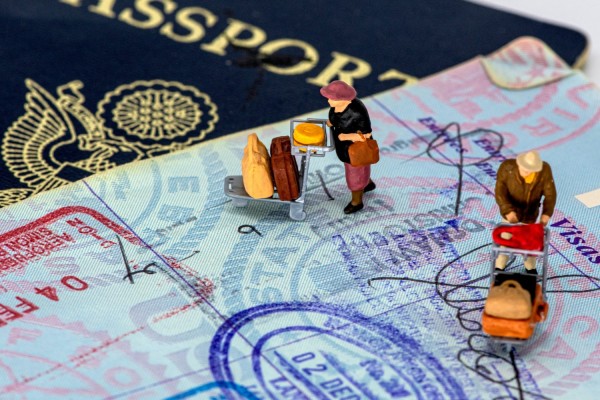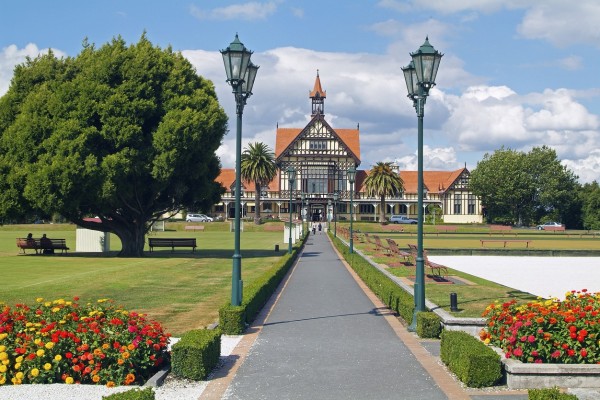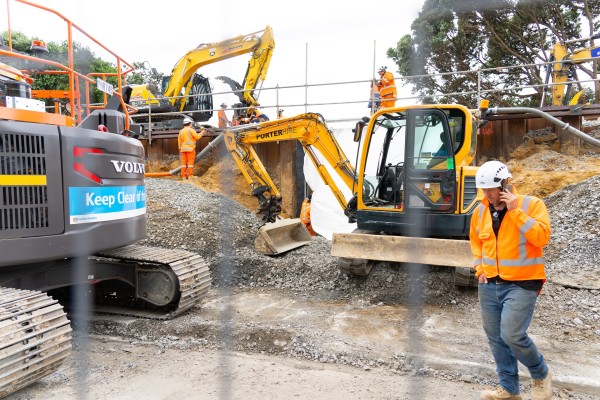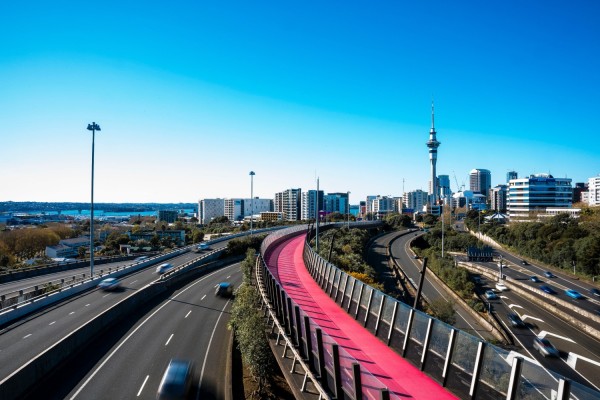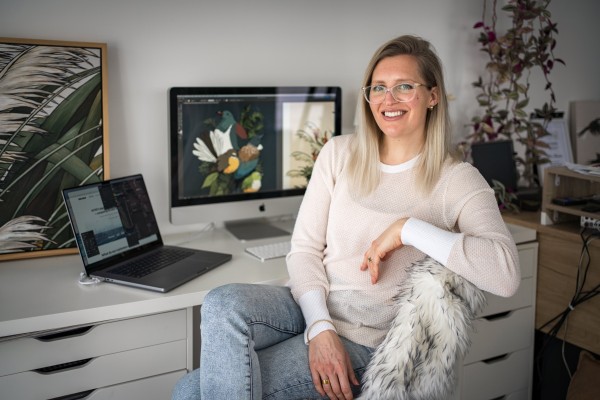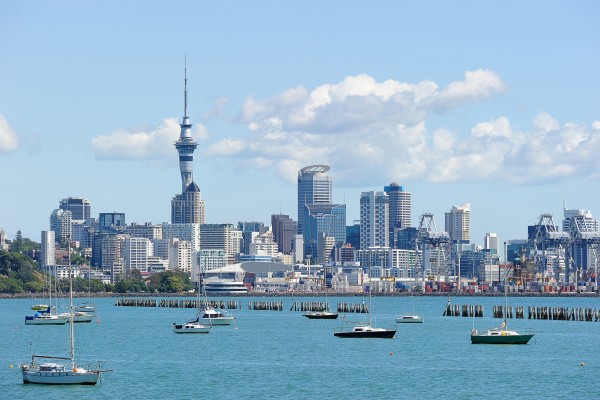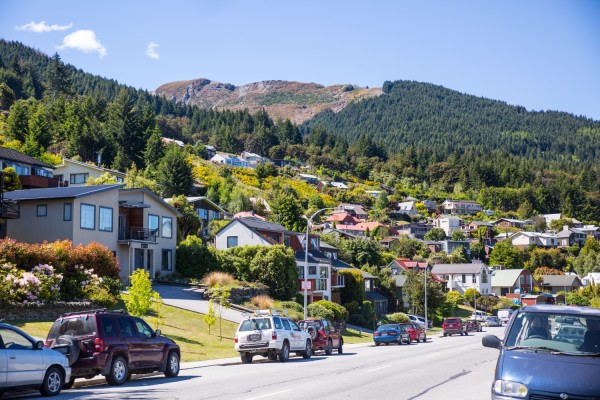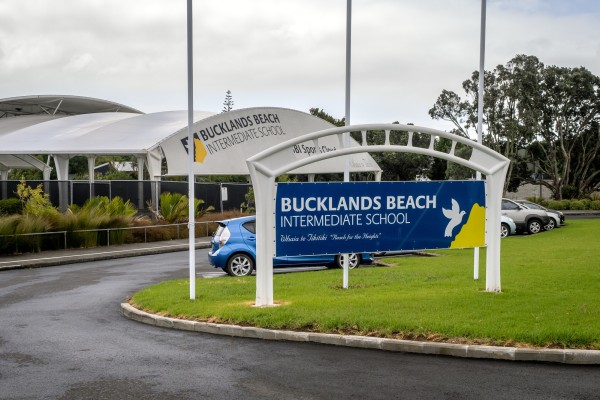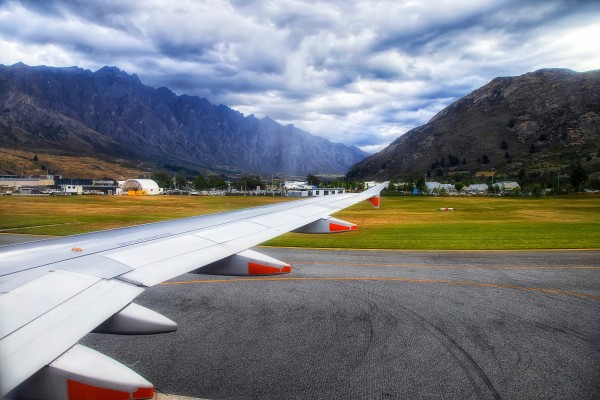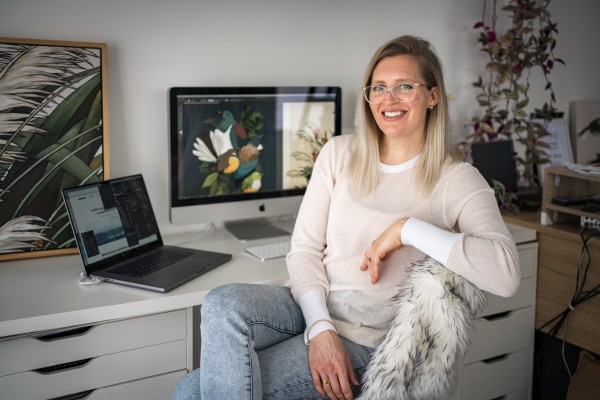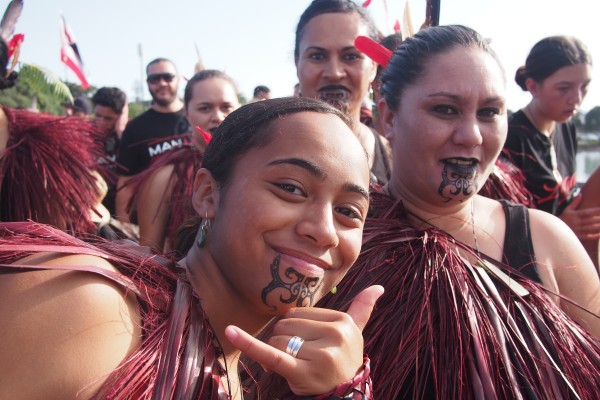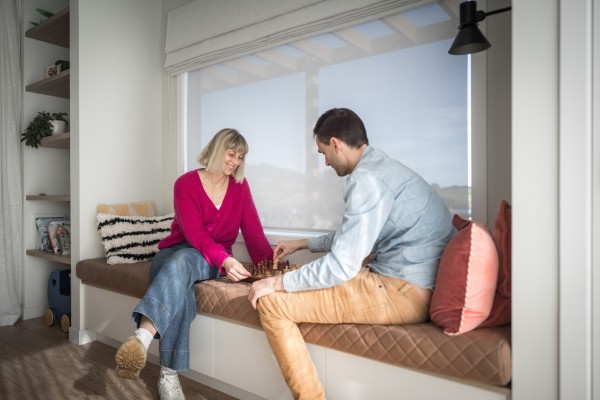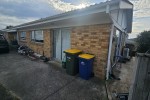Moving to New Zealand as a healthcare provider: What you need to know

With a growing population, many of whom are elderly, New Zealand is facing a skill shortage across the healthcare sector.
This has led to a high demand for healthcare professionals, including doctors, nurses, midwives, surgeons, and technicians, making your roles more important than ever.
-
1 in 5 nurses are looking to retiree in the next five years.
-
Nurse training enrolments are falling in New Zealand.
-
GPs are retiring, creating a shortage of doctors, particularly in rural areas.
-
There is a 24% shortage of specialists including psychiatry, anaesthetics, dermatology, and neurology.
While these challenges aren’t unique to New Zealand, they do provide an opportunity for healthcare professionals overseas to relocate and apply their skills in a new country.
How do I know if my profession is in high demand?
Find out if your role or speciality in healthcare is in high demand in New Zealand by viewing the Green List. The Green List contains roles in two categories:
- Tier 1: A Straight to Residence Visa
- Tier 2: A Work to Residence Visa
Both Tiers provide opportunities for healthcare professionals to either gain a residence visa immediately or work towards a residence visa. You’ll find a wide range of healthcare roles, including dentists, chiropractors, drug and alcohol counsellors, paramedics and pharmacists on the list, most of which fall into the Tier 1 visa category.
What must I know about moving to New Zealand as a healthcare worker?
-
To get a job, you’ll first need to ensure that your qualification is recognised in New Zealand.
-
Once you’ve done this, you can start looking for a job. Websites like Kiwi Health Jobs make this process much easier.
-
You’ll also need to register with the medical body that is most relevant to your role in New Zealand. For doctors, this is the Medical Council of New Zealand. For nurses, this is the Nursing Council of New Zealand.
-
You’ll need to be the right age. The Straight to Residence Visa is for healthcare professionals under 55 years of age.
-
You’ll need enough money to apply. It can cost around NZ$4290 for some visas, and takes three months for them to be processed.
-
You can include a partner and dependent children in your visa application as long as your children are under 24 years of age.
What is the healthcare system like in New Zealand?
New Zealand has a mixed healthcare model that includes private and public providers offering high standards of care. Most people in New Zealand seek healthcare through a public provider (around 80%).
New Zealand has 20 districts and 220 hospitals managing public healthcare nationwide. This means there are lots of opportunities for those looking for work. You may find it easier to gain a job by applying for roles in rural areas first.
New Zealand has an international workforce in our healthcare system. Around 40% of doctors and 27% of nurses are internationally qualified.
The public healthcare system
New Zealanders and residents who have been here for two or more years can access emergency care, essential surgery, and hospital care for free.
Visits to a general practitioner (GPS or family doctors) are paid for by the individual and cost around NZ$60-NZ$70 per visit.
The private healthcare system
The private system operates alongside the public system. Private hospitals treat both urgent and non-urgent patients. They do not operate Accident and Emergency services. Private hospitals and clinics treat patients for elective services and general surgical procedures.
How much can I earn as a doctor or healthcare professional in New Zealand?
- Healthcare workers are paid well in New Zealand. In 2024, General Practitioners earned an average of NZ$208,181, making them the second highest-paid job in the country.
- Junior doctors (or Resident Medical Officers) in the early part of their postgraduate training earn between NZ$64,000 and NZ$145,000 a year.
- Registers undergoing specialised training earn between NZ$80,000 and NZ$205,000 a year depending on their experiences and the number of hours worked.
- Specialist consultants who are fully qualified in one area of medicine can earn between NZ$150,000 and NZ$300,000 a year.
What can I expect working in the healthcare system in New Zealand?
New Zealand's healthcare system is comparable to that of 24 other countries, including Singapore, the UK, and Ireland.
Doctors and other healthcare workers are well paid. While you may earn less than some roles overseas the hours are generally fewer.
For example, GPs work 38 hours a week, and anything more is considered overtime and paid accordingly. In hospitals, timesheets reflect the time you have worked, and workers are compensated for that time.
Why move to New Zealand as a healthcare professional?
Many healthcare professionals choose to move to New Zealand for:
A change of pace
New Zealand is a great place to raise a family. With easy access to the outdoors, a focus on work, and life balance and good schools, it’s the perfect place for families to relocate to. New Zealand has metropolitan cities, small cities and many rural towns for those looking for something a bit different.
Although a similar size geographically to the UK, New Zealand only has 5 million people, putting less stress on both our healthcare system and our natural resources. From less pollution to less traffic, New Zealand offers less stress and a slower pace of life that is often appealing to busy families.
The safe environment
New Zealand has a low crime rate. Many healthcare professionals notice they feel a lot safer working in hospitals in New Zealand compared to some places overseas. Even when treating patients who are accompanied by police, the approach is to work with the patient.
Within the medical industry, doctors are highly trained, and ethics are high. Many healthcare professionals feel safe and supported during their time working in New Zealand.
To do good somewhere new
New Zealand offers a new place for healthcare practitioners to apply their skills. Working in New Zealand means you’ll be working with indigenous populations. If you are working in a rural setting, healthcare professionals often get to know those in their community very well. You may also have the opportunity to take on a wider range of roles at smaller clinics and hospitals.
What do our customers say?

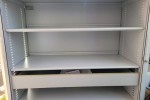
For every (wise)move
